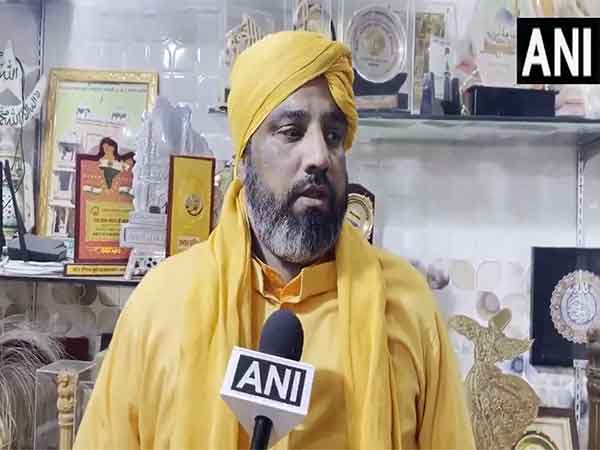Debating Waqf Bill: A Clash of Hopes and Objections
The proposed Waqf Bill has sparked diverse reactions, with Chairman Syed Naseruddin Chishty hopeful for positive changes, while AIMPLB plans protests over concerns of discriminatory impacts on Muslim rights and Waqf autonomy.

- Country:
- India
The proposed Waqf Bill has emerged as a contentious issue, drawing mixed reactions across the Indian Muslim community. Syed Naseruddin Chishty, Chairman of the All India Sufi Sajjadanashin Council, expressed optimism, highlighting the bill's potential to address opposition concerns and ensure Waqf funds effectively reach underprivileged Muslims.
Chishty emphasized the need for transparency and accountability, stating, "Now the Waqf money will reach the common and poor Muslims," underscoring its promise of socio-economic benefits for marginalized groups. However, contrasting views emerge from the All India Muslim Personal Law Board (AIMPLB), raising serious objections.
AIMPLB spokesperson Dr. Syed Qasim Rasool Ilyas condemned the bill, articulating the community's fears of discrimination and loss of autonomy in Waqf management. Ilyas warned of a nationwide protest if the bill passes, highlighting a significant rift over the proposed amendments considered a violation of Muslim rights.
(With inputs from agencies.)
ALSO READ
Journalists Take Legal Action Against Shutdown: A Fight for Free Speech
CM Stalin, addressing delimitation meeting, seeks ideas to initiate legal action, by taking forward political fight.
CM Stalin, addressing delimitation meeting, moots expert panel to firm up political, legal action plan.
Trump's Legal Action Threat Sparks Alarm Over Ethical Suits
Justice Quest: Disha Salian's Father Takes Legal Action Against Aaditya Thackeray










